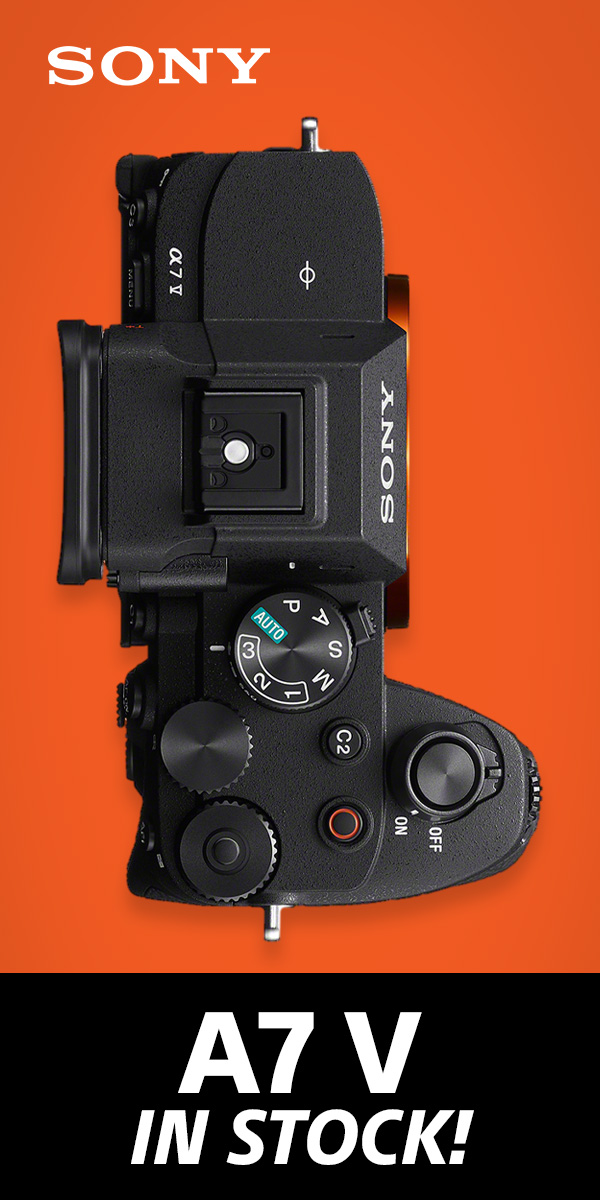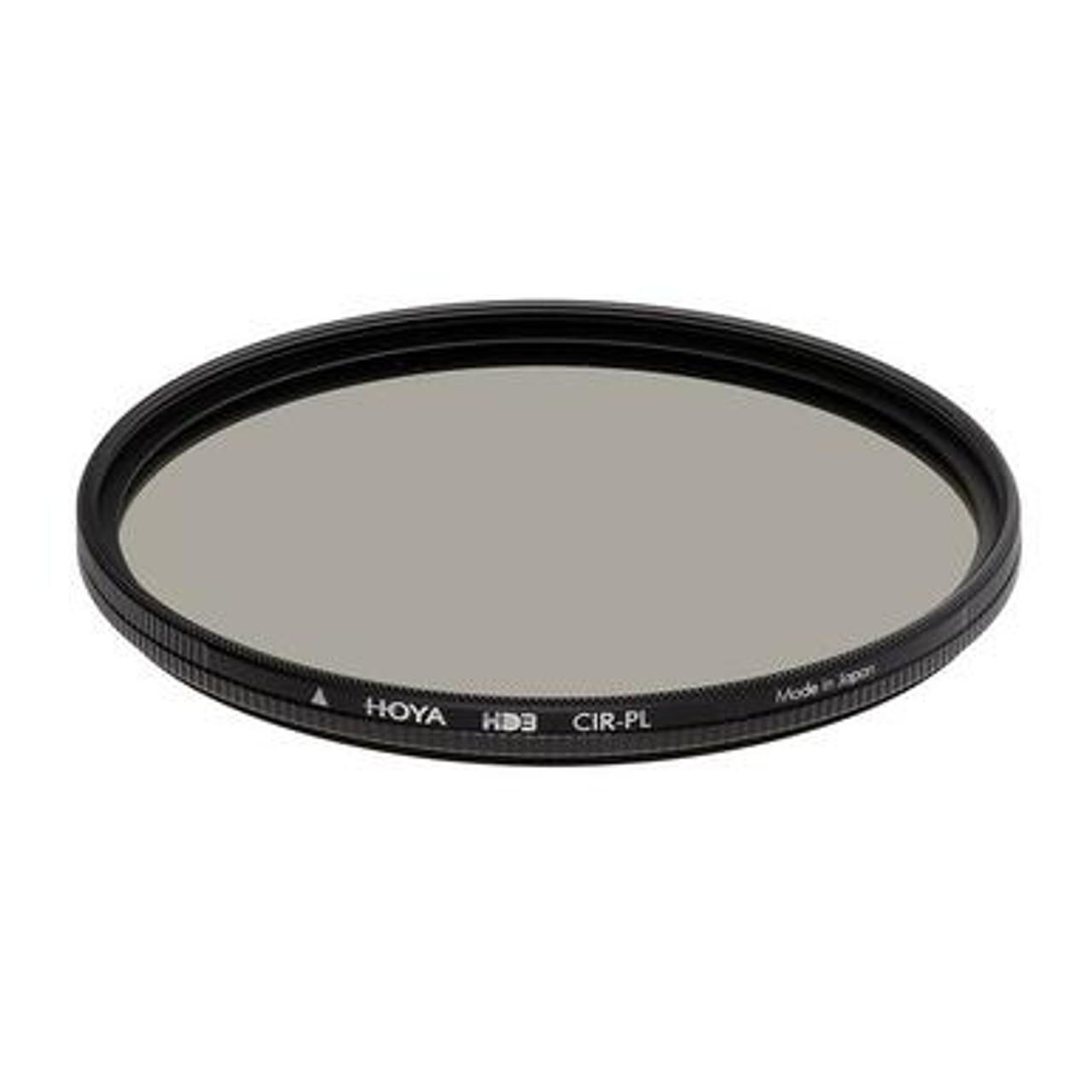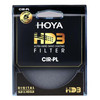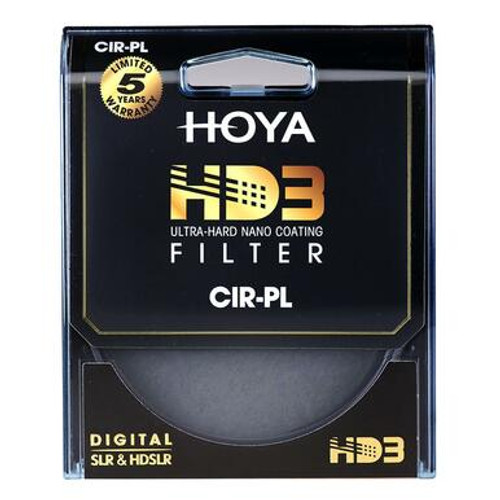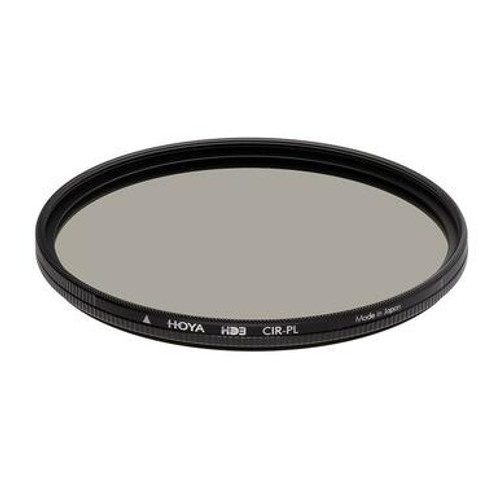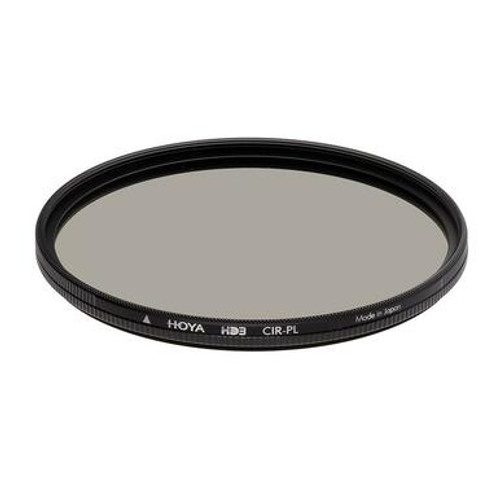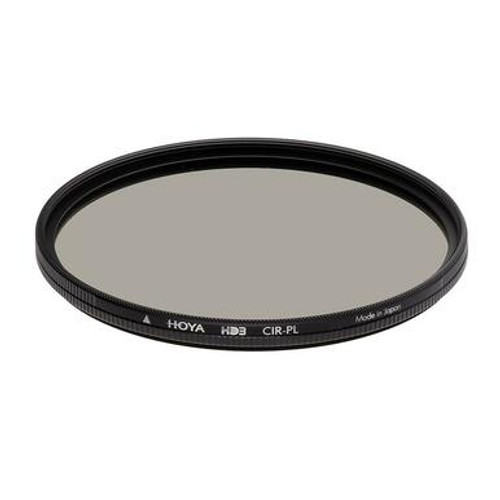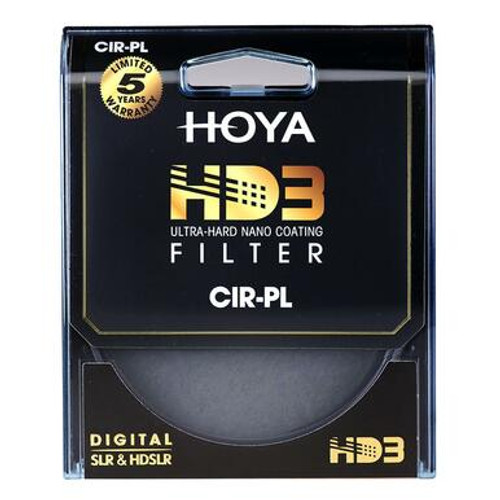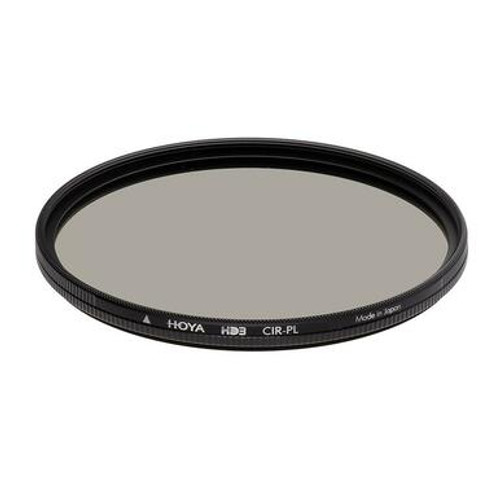Product Description
- Re-Certified Resolution for 100mp+ Cameras
- Patented Ultra-hard Nano-coating process
- Superior resolution and sharpness
- Optical thin HRT Polarizing Film
- Only 1-stop of light loss
- Waterproof and stain-resistant top coat
Hoya engineers have re-certified the HD3 Circular Polarizer to work with 100mp+ camera sensors without loss of resolution.
They recognized a need for a circular polarizer filter that could meet the demands of super-high-resolution cameras and the needs of photographers who shoot in conditions where every bit of light is important. Utilizing a new nano-technology, multi-coating process that applies 16-layers of anti-reflective (AR) coating to the optical ultra-violet (UV) glass, Hoya created a filter that is sharper and 200% harder than the award-winning HD2 circular polarizer filter.
In addition to being scratch and abrasion-resistant, this hardened coating is also stain resistant and easy to clean when oil and smudges like fingerprints are introduced to the surface.
Hoya selected a premium optical-thin high rate transmission (HRT) polarizing film that passes 2/3rds of a stop more light through the filter for faster, more accurate AF and easier viewing through the viewfinder or LCD screen. Giving photographers shooting in light-critical situations better options when selecting the correct shutter, aperture, and ISO combination.
The HD3 Polarizing glass is housed in a two-piece, lightweight, low-profile, aircraft-grade aluminum filter frame. This two-piece design allows the filter to maintain perfect parallel alignment to the sensor plane for maximum sharpness and zero distortion. Knurled edges on both rings allow for easy rotation to achieve the desired polarizing effect and easy attachment and removal from the lens. The low-profile design eliminates the concern for vignetting when used on ultra-wide angle lenses, and the front filter threads accept lens caps and other filters for stacking.
Circular polarizing filters allow photographers to achieve creative, in-camera, effects not possible after the image is created. A polarizing filter simply filters out unwanted reflections from non-metallic surfaces such as water and glass in addition to light reflecting off moisture and pollution in the atmosphere. By rotating the filter, you can select just the right amount of filtration needed to achieve the desired effect. This results in bluer skies, greener leaves, reduced or eliminated reflections, and greater clarity in your final image.

